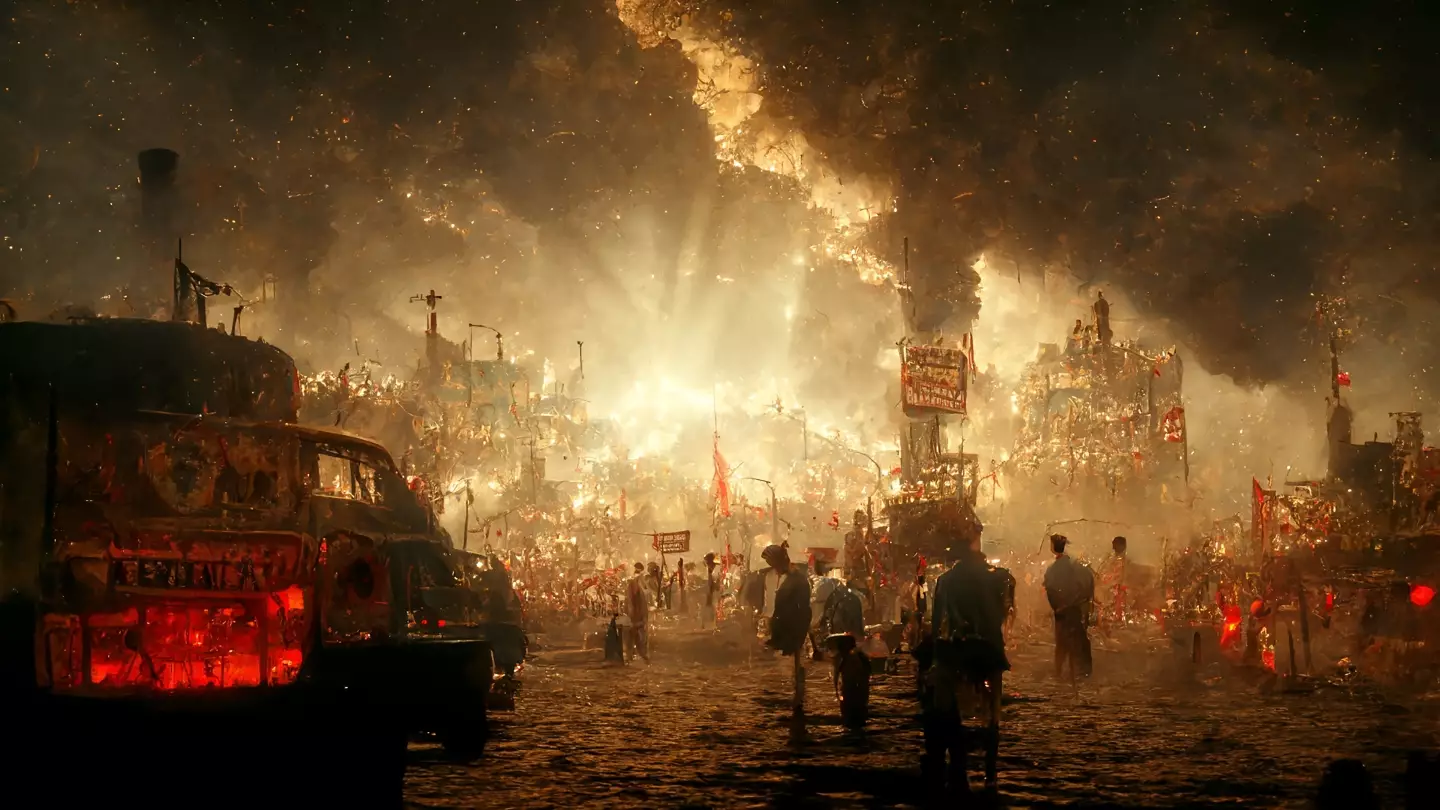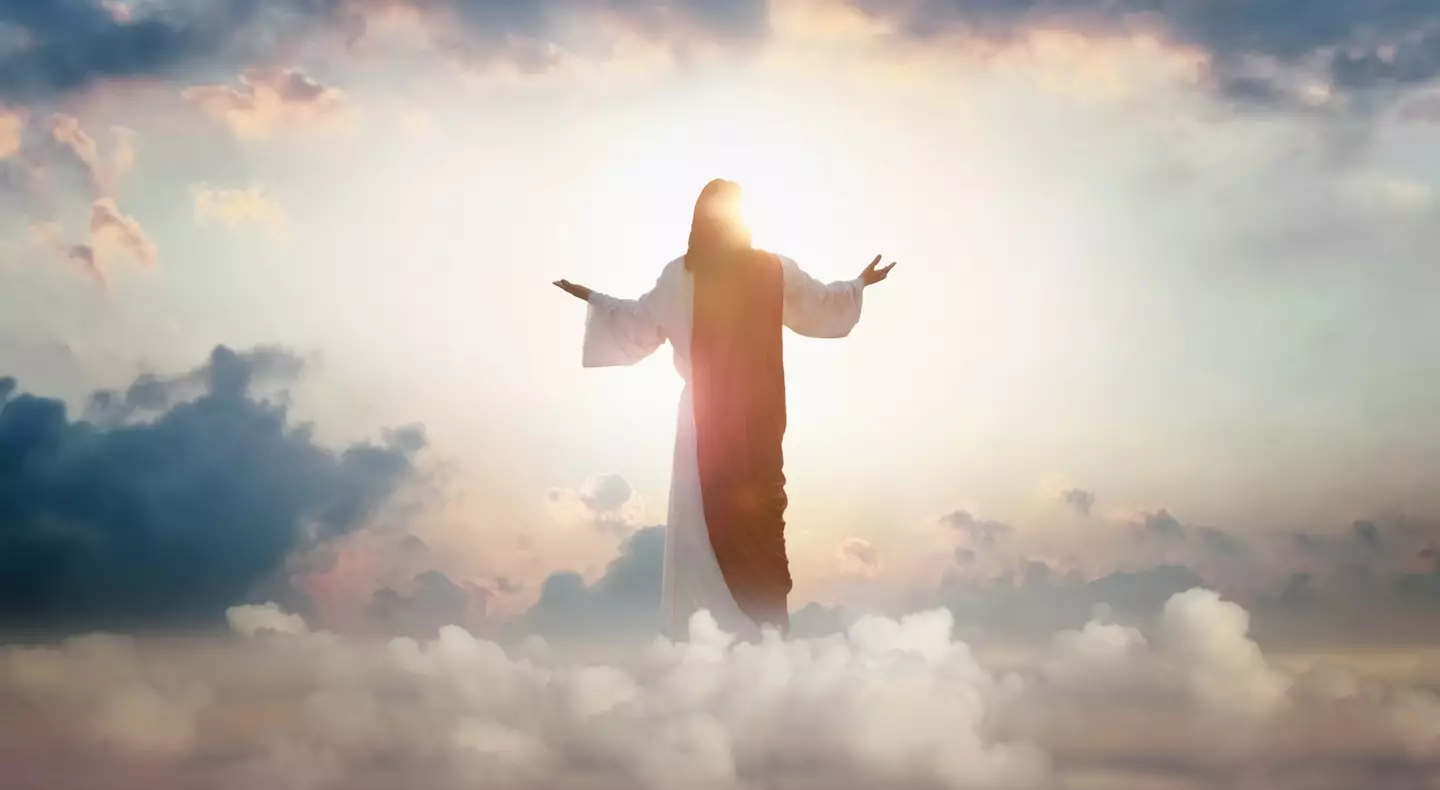
A psychotherapist has explained why people truly believe the ‘Rapture’ is going to happen.
Believers have really run with the words of a South African pastor as they’ve been selling their cars and homes and quitting their jobs ahead of today (23 September).
Pastor Joshua Mhlakela previously revealed he’d had a revelation that Christ would be retuning to Earth to ‘take my church’ with him as the rest of us were left for the world as we know it to end.
He said that Jesus had come to him in a dream to say that he would be coming on 23-24 September 2025, and those who believe in him will be taking to ‘meet the Lord in the air’.
Advert
Christians around the world have been left believing this theory, partly thanks to the comments and partly thanks to it going viral on social media.

And I don’t want to speak too soon, but it’s currently nighttime on 23 September and everything seems pretty normal to me.
But like I said, I could be too soon – believers are still holding out that the Rapture is going to happen and they’re going to be sucked up into the sky and taken to Heaven while the rest of us face the ‘great suffering’.
Apparently, these kinds of doomsday frenzies can spike up like this at times of uncertainty.
If you’ve read much of the news lately, you could probably find some accuracies in that, from discussions of a ‘World War III’ to ongoing conflicts and leaders issuing long rambling rants on the global stage.
UKCP accredited psychotherapist and trauma specialist Tina Chummun from Care2Counsel explained why these kinds of theories spike at these times.
“People often get caught up in these belief systems during times of uncertainty because our brain is wired to seek patterns and certainty when life feels uncertain and unpredictable,” she told the Daily Mail.

“Neuroscience shows us that heightened stress and uncertainty increase our amygdala reactivity, making us more susceptible to black-and-white narratives that promise safety, salvation or control.”
Chummun explained that ideas like the Rapture can thrive on this ‘neurobiological drive’ and will therefore deeply test us. She added that during uncertain times, people will cling to anything or anyone that offers ‘a sense of safety and stability’.
“When people want reassurance about the unknown, they piggyback on other people who seem to know what's happening—even though they haven't stopped to question whether what they're aligning with is right,” the psychotherapist said as people cling on to the Rapture idea.
Topics: Religion, Social Media, US News, TikTok, YouTube